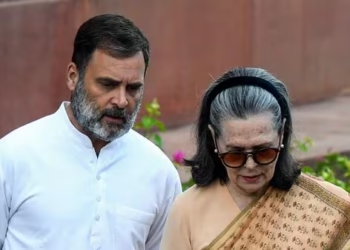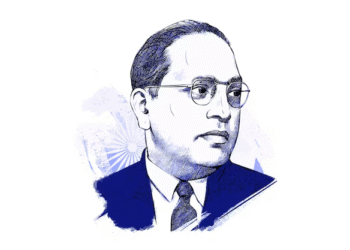34-year-old Shubha Anand, who had pleaded guilty in a drink-driving crash that killed a 19-year-old nursing student in Melbourne, will not be deported as AAT has revoked her mandatory visa cancellation.
The Administrative Appeal Tribunal has revoked Indian citizen Shubha Anand’s visa cancellation. Shubha Anand was sentenced to seven years in jail with a non-parole period of four years in December 2017.
After a hearing last month, the Tribunal said in the judgement, “After careful consideration, the Tribunal finds that, principally, the best interest of the Applicant’s son and, secondarily, her links with family in Australia combine to be determinative in this matter, coupled with my finding that there is a very low risk of the Applicant re-offending in any manner if she remains in Australia.”
The Department of Home Affairs had cancelled Anand’s visa on 26 June 2019 under section 501(3A) of the Migration Act 1958 (‘the Act’) and reaffirmed it on 21 September 2021 after Anand’s made a representation against the cancellation.
Anand, who had more than triple the legal blood-alcohol limit when her car crashed into the back of Natasha Pigot’s car in January 2016, killing the 19-year-old, took that decision to the Tribunal for review.
The Tribunal considered many factors, including Anand’s son, who was born in March 2017, before Ms Anand was sentenced in relation to the offences that triggered the visa cancellation.
Follow NRI Affairs on Facebook and Twitter for latest updates.
During the jail term, Anand’s son lived four days with her in prison and three days with his father. However, conditions changed due to the pandemic leaving the child entirely in the care of his mother, in prison, for the last 20 months.
“This pattern has been significantly affected from around March 2020 with the advent of the Covid-19 pandemic whereby visitation ceased at the Dame Phyllis Frost Centre, and young children of prisoners were not permitted to move to and from the centre because of rules designed to minimise the spread of the coronavirus,” the Tribunal noted.
“The Tribunal makes a determination that it would be in the best interests of AO (the son) for the mandatory cancellation of the Applicant’s visa to be revoked. The impact upon him would be far-reaching. The apparent alternatives are as follows. The Applicant’s visa is not restored, and AO accompanies his mother back to India, where he would be a migrant,” reads the judgement, noting that as an Australian citizen, AO would be subject to whatever requirements the Indian Government imposes.
“Overall, the Tribunal finds that this primary consideration weighs very heavily in favour of revoking the mandatory cancellation of the visa, because of the significant and direct adverse effect on AO of being separated, in a geographical sense, on the one hand from his mother, or on the other from his father. Contact by electronic means would be possible, but that is a very poor substitute for human contact for a child, especially one in formative development,” said the Tribunal.
When asked if the decision would be challenged, the Department of Home Affairs said the Department does not comment on individual cases due to privacy.
However, a DoHA spokesperson told NRI Affairs, “The Australian Government will continue to act decisively to protect the Australian public from the risk of harm posed by non-citizens who engage in criminal conduct or behaviour of concern.”











